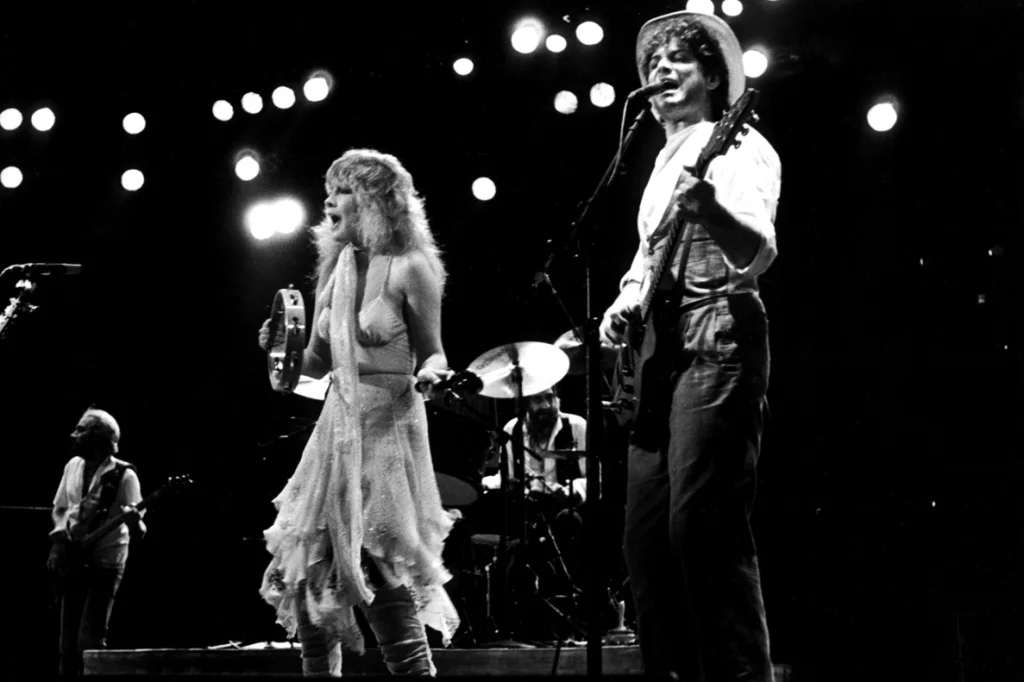1. Fleetwood Mac – Rumours (1977)
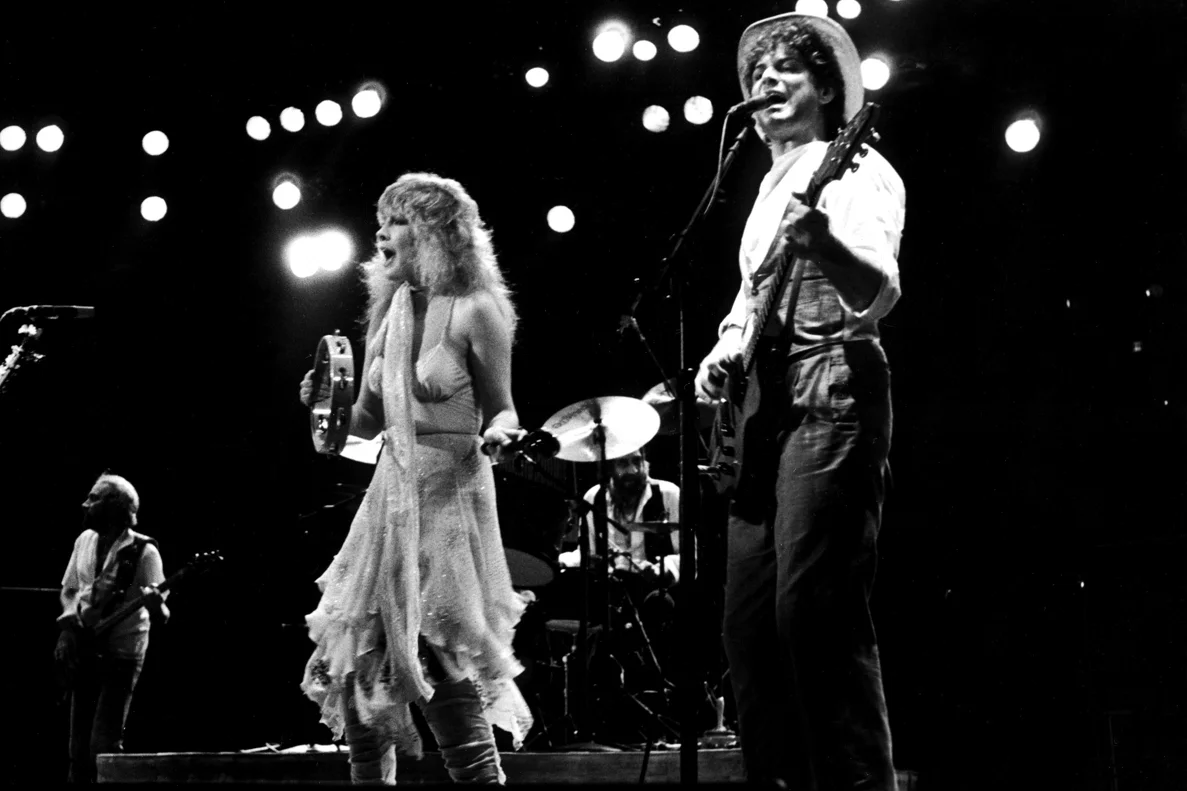
When you think of the ‘70s, it’s nearly impossible not to hear the harmonies of Stevie Nicks, Christine McVie, and Lindsey Buckingham in your head. Rumours wasn’t just an album, it was a cultural moment, born out of heartbreak, betrayal, and band drama that somehow translated into pure magic. The songwriting was personal but universal, speaking to anyone who had ever loved and lost.
Tracks like “Dreams” and “Go Your Own Way” continue to inspire musicians across genres, from pop to indie folk. Its production style has been mimicked endlessly, with its layered vocals and shimmering guitars. Beyond the sound, the honesty in the lyrics created a blueprint for confessional songwriting. Every artist who bares their soul in a breakup song owes something to this record.
2. Pink Floyd – The Dark Side of the Moon (1973)
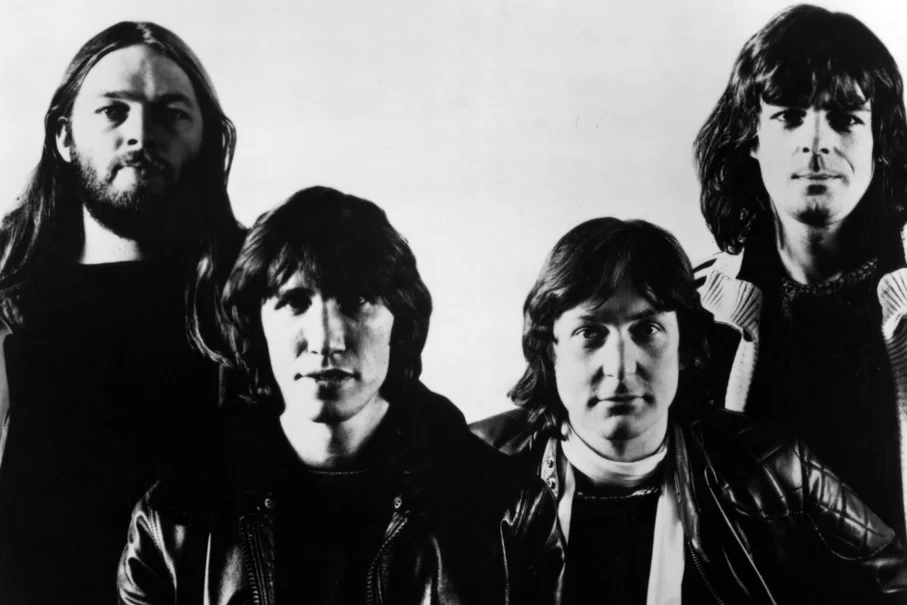
Few albums in history have had the staying power of Pink Floyd’s The Dark Side of the Moon. It wasn’t just music, it was an experience, one that combined progressive rock with existential themes that felt almost cinematic. Its seamless flow from track to track was unlike anything before it.
The use of sound effects, experimental studio tricks, and philosophical lyrics influenced not just rock, but electronic, hip-hop, and ambient music for decades. The record proved that albums could be more than a collection of songs, they could be immersive journeys. Anyone who’s ever tried to create a concept album owes a nod to this one.
3. The Sex Pistols – Never Mind the Bollocks, Here’s the Sex Pistols (1977)
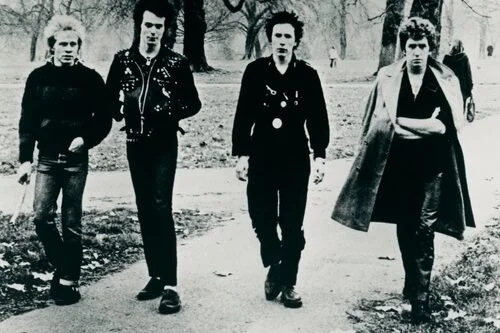
Punk exploded with this one album, and it changed the face of music forever. The Sex Pistols didn’t care about technical perfection, they cared about attitude, rebellion, and raw energy. That rawness made an entire generation of kids feel like they could pick up a guitar and scream their frustrations.
From the sneer of “Anarchy in the U.K.” to the chaos of “God Save the Queen,” this album set the tone for punk’s DIY ethos. It influenced not only punk bands that followed but also alternative and grunge artists in the decades ahead. Without this record, so much of the music that defined the ‘80s and ‘90s wouldn’t exist.
4. Marvin Gaye – What’s Going On (1971)

Marvin Gaye’s What’s Going On took soul music into new territory by blending lush arrangements with deeply political messages. At a time when Motown was known for love songs, Gaye pushed boundaries by addressing war, poverty, and injustice. The result was both beautiful and profound.
Artists from hip-hop to R&B to pop still look back to this record as a guide on how to marry message with melody. It showed that popular music could carry weight and change hearts while still sounding timeless. Without it, socially conscious music might not have found such a firm place in the mainstream.
5. David Bowie – The Rise and Fall of Ziggy Stardust and the Spiders from Mars (1972)
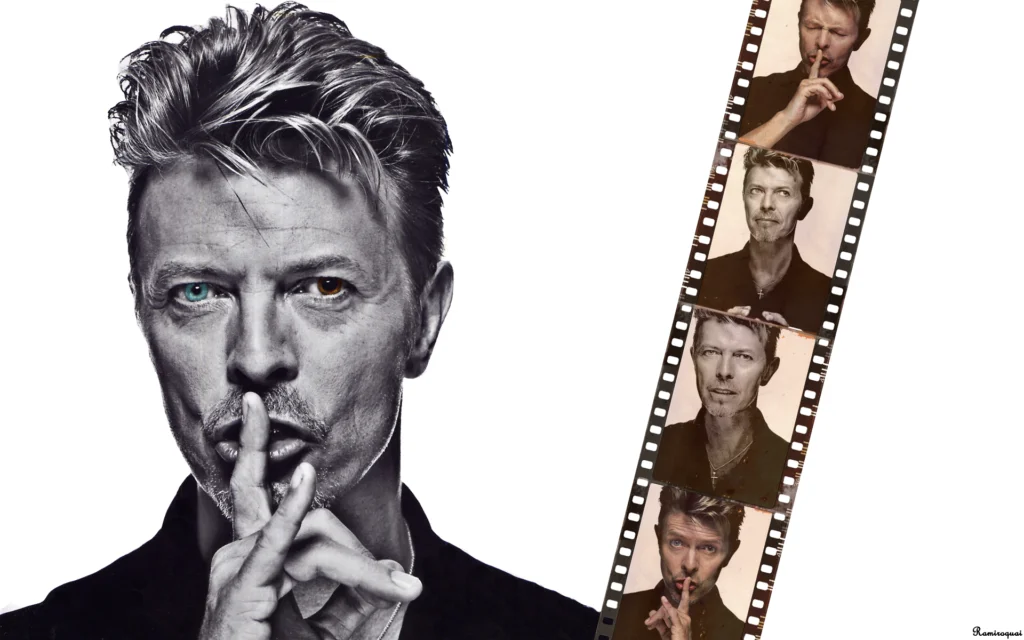
Bowie reinvented what it meant to be a rock star with Ziggy Stardust. Blending glam rock with sci-fi storytelling, he created not just an album, but a persona that challenged gender norms and expectations of performance. It was both otherworldly and completely human.
Musicians from Madonna to Lady Gaga have followed Bowie’s lead in creating alter-egos and theatrical concepts around their music. Beyond the showmanship, the songs themselves—like “Starman” and “Suffragette City”—inspired countless rock bands to embrace eccentricity. Bowie’s vision redefined artistry in popular music.
6. Led Zeppelin – IV (1971)
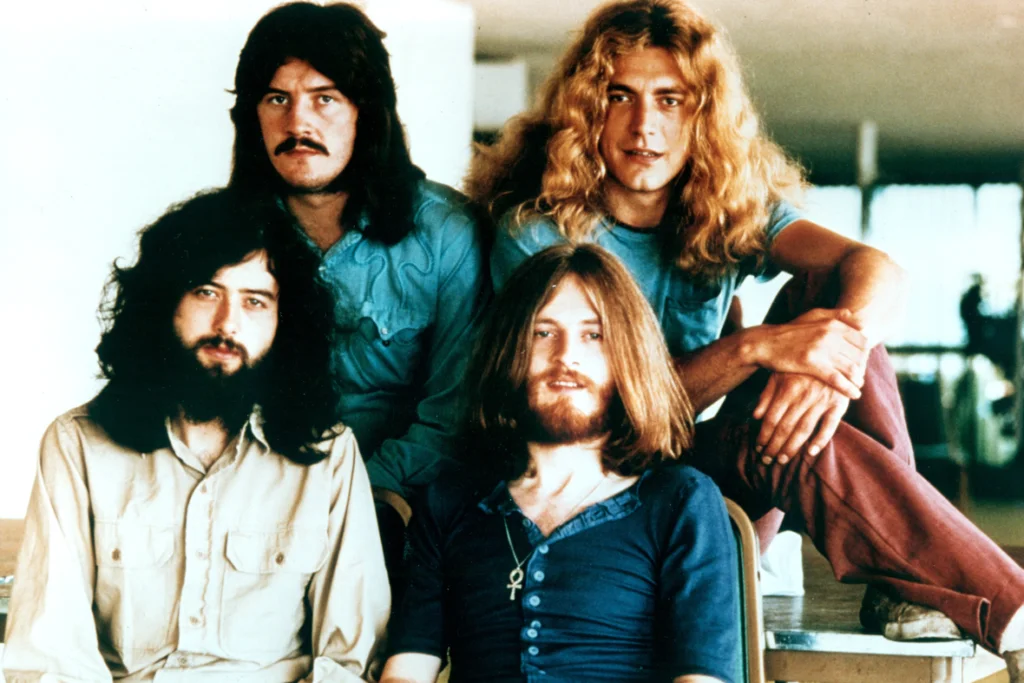
Even if you don’t know the album title, you know the music. Led Zeppelin IV gave us “Stairway to Heaven,” one of the most iconic songs ever recorded, alongside tracks like “Black Dog” and “Rock and Roll.” It fused hard rock, folk, and blues into something massive and mystical.
This record influenced heavy metal, hard rock, and even folk revivalists who admired its acoustic moments. Zeppelin proved that albums could be both commercially successful and artistically ambitious. To this day, guitarists study Jimmy Page’s riffs as if they’re scripture.
7. Patti Smith – Horses (1975)
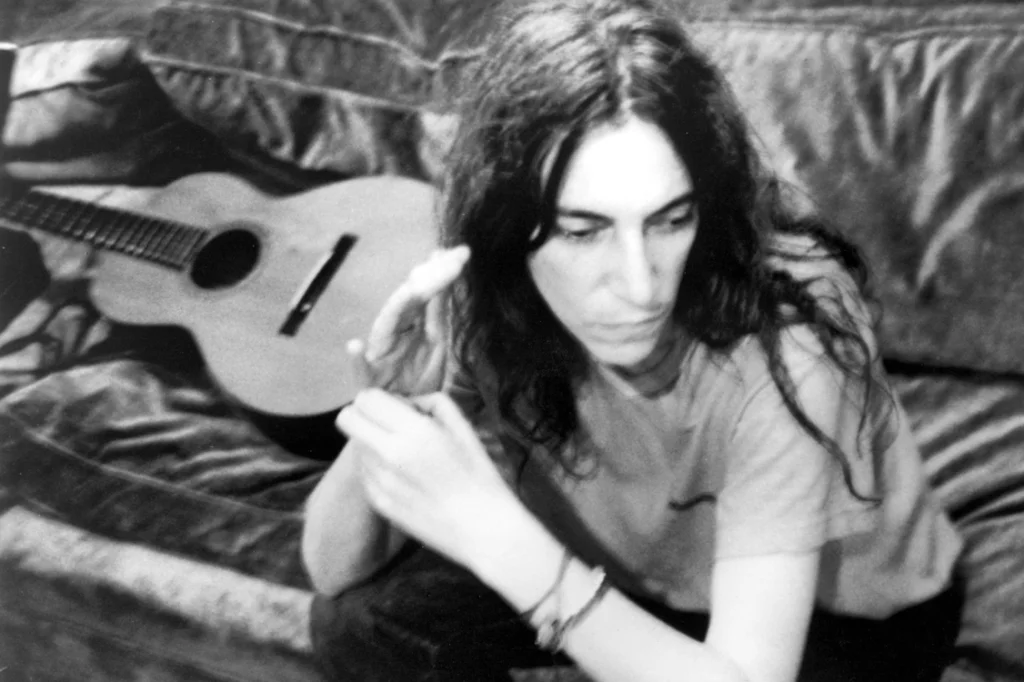
Patti Smith’s debut was unlike anything else in the ‘70s. Horses combined poetry with punk energy, giving voice to a new kind of rebellion that was intellectual and raw at the same time. It was groundbreaking in its refusal to fit into any box.
Artists in punk, indie, and alternative rock cite Smith as an influence, not just for her music, but for her fearlessness. She opened doors for women in rock, showing that they could be confrontational, spiritual, and unapologetic. Without Horses, modern rock might look very different.
8. The Ramones – Ramones (1976)
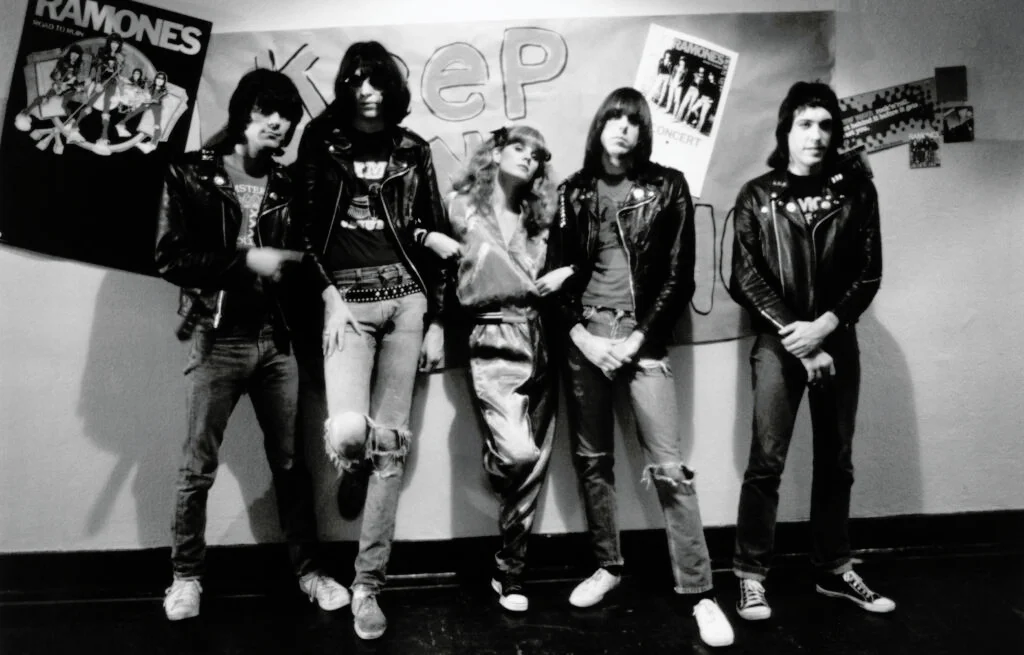
With leather jackets and breakneck songs barely over two minutes, the Ramones reshaped music with their debut. Ramones was simple, fast, and loud, a direct counterpoint to the elaborate productions of the era. It proved that rock could be stripped down and still powerful.
This approach laid the groundwork for punk’s entire ethos and inspired bands like Green Day, Nirvana, and The Clash. The record made garage rock cool again and reminded everyone that music didn’t need to be complicated to be great.
9. Bruce Springsteen – Born to Run (1975)
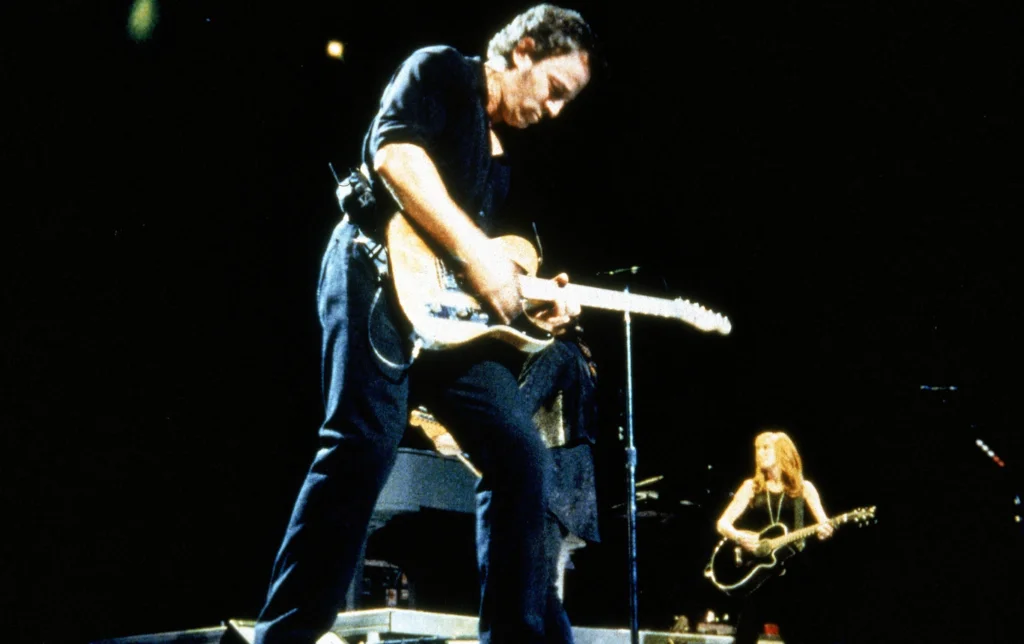
Springsteen wanted to make the greatest rock album ever, and with Born to Run, he came close. Its sweeping anthems captured the restless energy of youth, blending rock, soul, and poetry in a way that felt both gritty and romantic. Songs like the title track and “Thunder Road” became generational touchstones.
The album influenced rock storytellers from Tom Petty to The Killers, inspiring them to capture the dreams and struggles of everyday people. It showed that rock could be epic and personal at the same time. Springsteen’s ambition set a new bar for what an album could achieve.
10. Joni Mitchell – Blue (1971)

Few albums capture vulnerability like Joni Mitchell’s Blue. With her soaring vocals and intricate songwriting, she stripped everything back to its emotional core. It wasn’t about production or theatrics, it was about honesty.
Artists from Taylor Swift to Brandi Carlile credit this record as life-changing. It redefined how personal songwriting could be, especially for women in music. Its intimacy still resonates today, influencing singer-songwriters across generations.
11. The Clash – London Calling (1979)
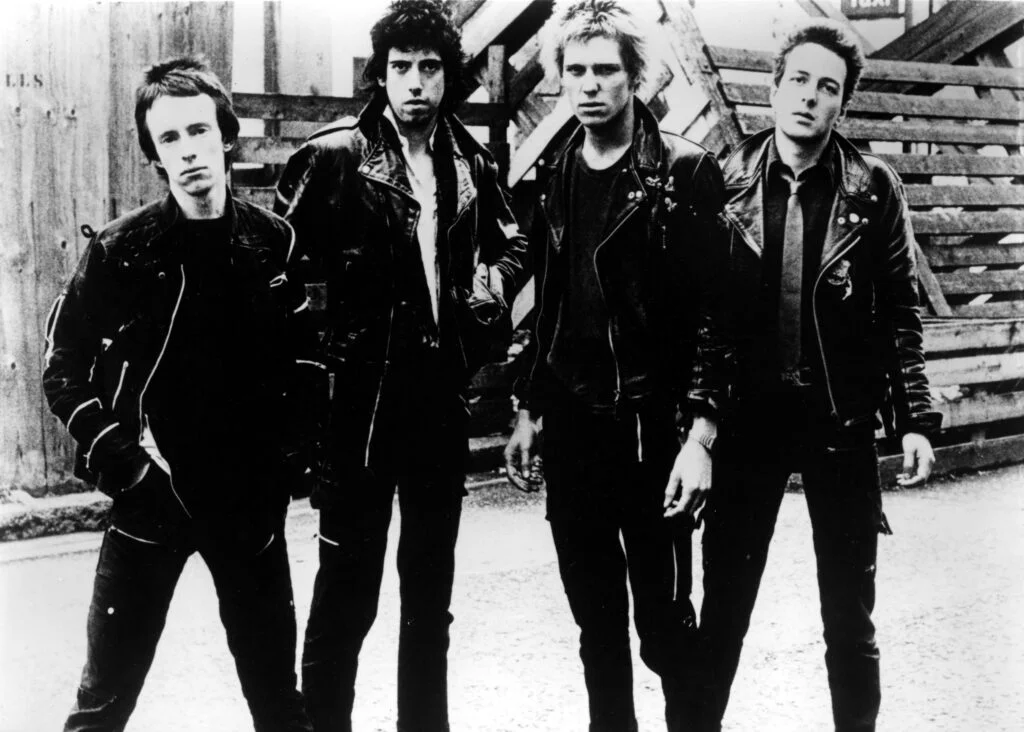
London Calling wasn’t just a punk record—it was a melting pot of reggae, ska, rockabilly, and pure rock energy. The Clash proved that punk could evolve and embrace diverse sounds without losing its bite.
The title track remains one of rock’s great anthems, but the album as a whole inspired musicians to think beyond genre. It influenced everyone from U2 to Rage Against the Machine, proving punk could have depth and variety.
12. Black Sabbath – Paranoid (1970)
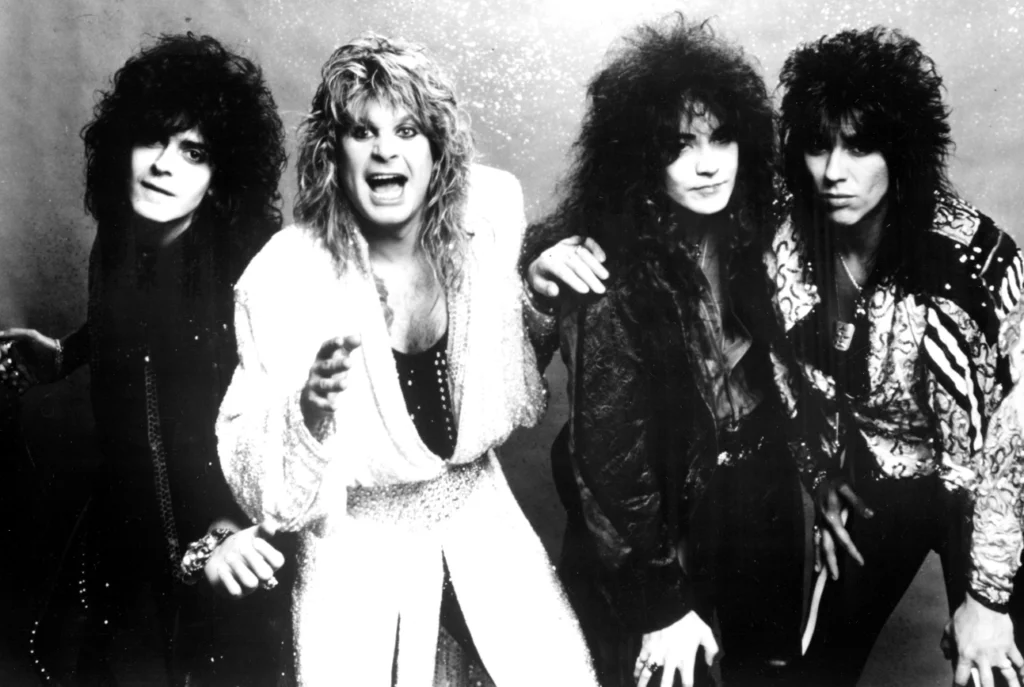
With heavy riffs and dark themes, Paranoid practically invented heavy metal. Ozzy Osbourne’s vocals and Tony Iommi’s guitar work set a new standard for heaviness in music. Songs like “Iron Man” and “War Pigs” became instant classics.
The album’s impact on hard rock and metal is immeasurable, influencing Metallica, Nirvana, and countless others. Even outside of metal, its raw power and uncompromising sound shaped how bands approached music in the ‘70s and beyond.
13. Bob Marley and the Wailers – Exodus (1977)
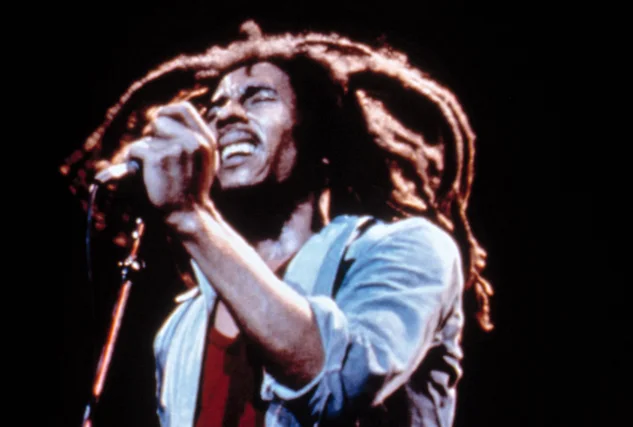
Exodus wasn’t just an album—it was a cultural force. Recorded after Marley’s attempted assassination, it carried themes of peace, love, and resistance. It brought reggae to the world stage in a way no record had before.
Artists across genres—from hip-hop to pop—draw on Marley’s messages and rhythms. Songs like “One Love” and “Jamming” remain timeless, and the record solidified reggae as a global language.
14. Talking Heads – Fear of Music (1979)
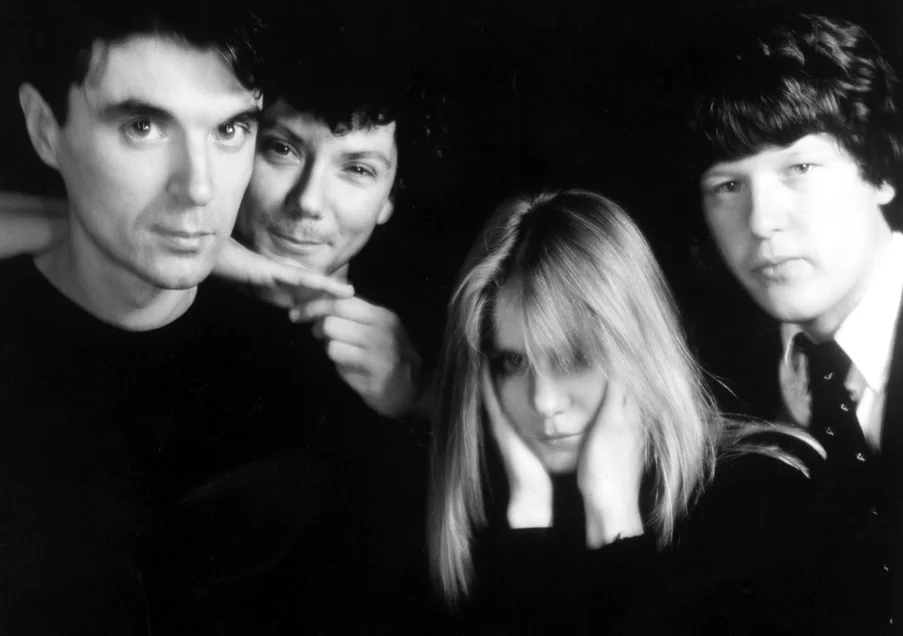
Talking Heads pushed boundaries with Fear of Music. Produced by Brian Eno, it blended new wave, funk, and experimental sounds into something that felt completely fresh. Songs like “Life During Wartime” captured paranoia with a groove.
This album influenced alternative rock, indie, and even electronic music. Its angular guitars and odd rhythms opened the door for bands like Radiohead and LCD Soundsystem. It showed that pop music could be weird and still infectious.
15. Stevie Wonder – Songs in the Key of Life (1976)
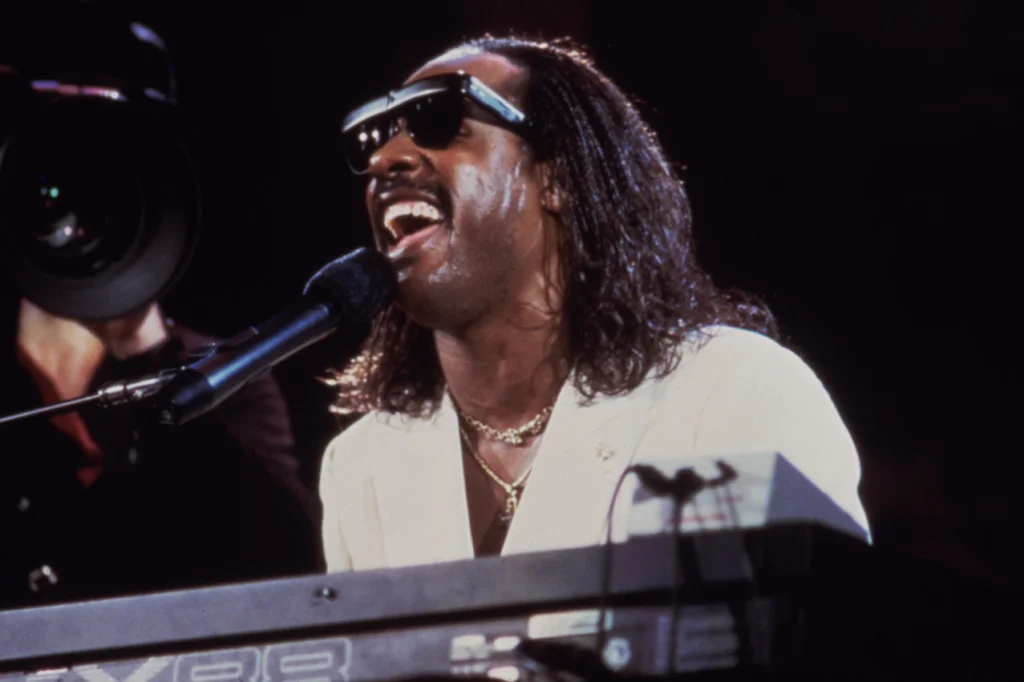
Stevie Wonder’s double album masterpiece is often considered one of the greatest records of all time. It blended soul, funk, jazz, and pop into a joyous yet profound collection. Tracks like “Sir Duke” and “Isn’t She Lovely” showcased his genius.
The record influenced artists as varied as Prince, Beyoncé, and Elton John. Its ambition and artistry proved that mainstream music could be expansive without losing accessibility. It’s a masterclass in musical brilliance.
16. The Eagles – Hotel California (1976)
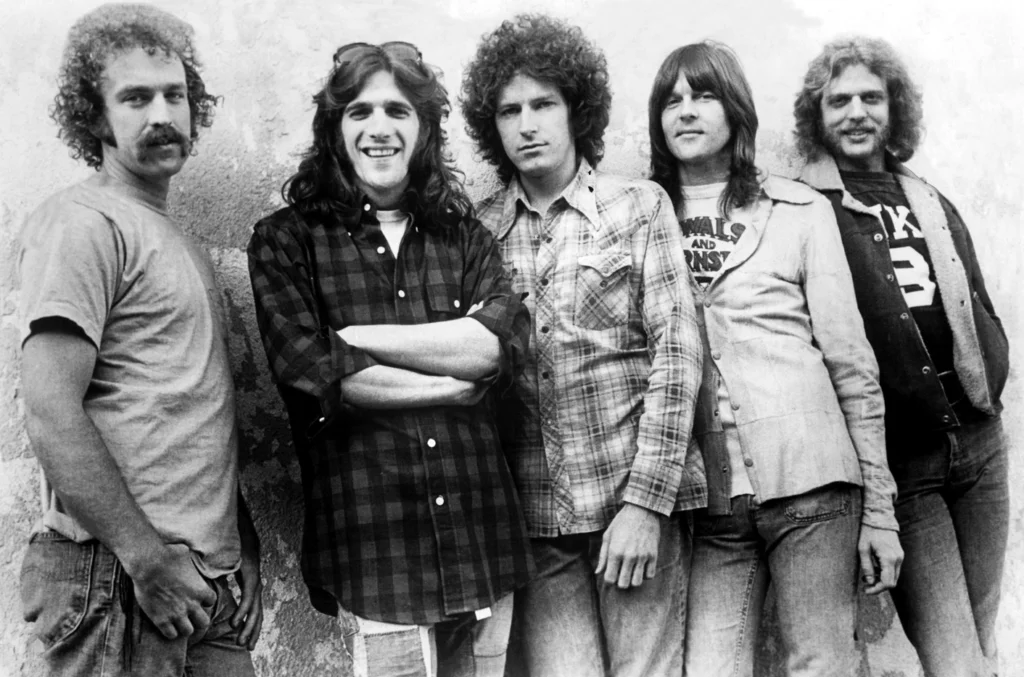
The Eagles captured both the glamour and the emptiness of the ‘70s with Hotel California. The title track is one of rock’s most recognizable songs, but the whole album speaks to a generation chasing dreams and facing disillusionment.
Its mix of rock, country, and folk influenced countless bands, especially in Americana and country rock. The record proved that mainstream success and artistry could coexist. Decades later, “Hotel California” is still haunting and unforgettable.
17. Kraftwerk – Trans-Europe Express (1977)
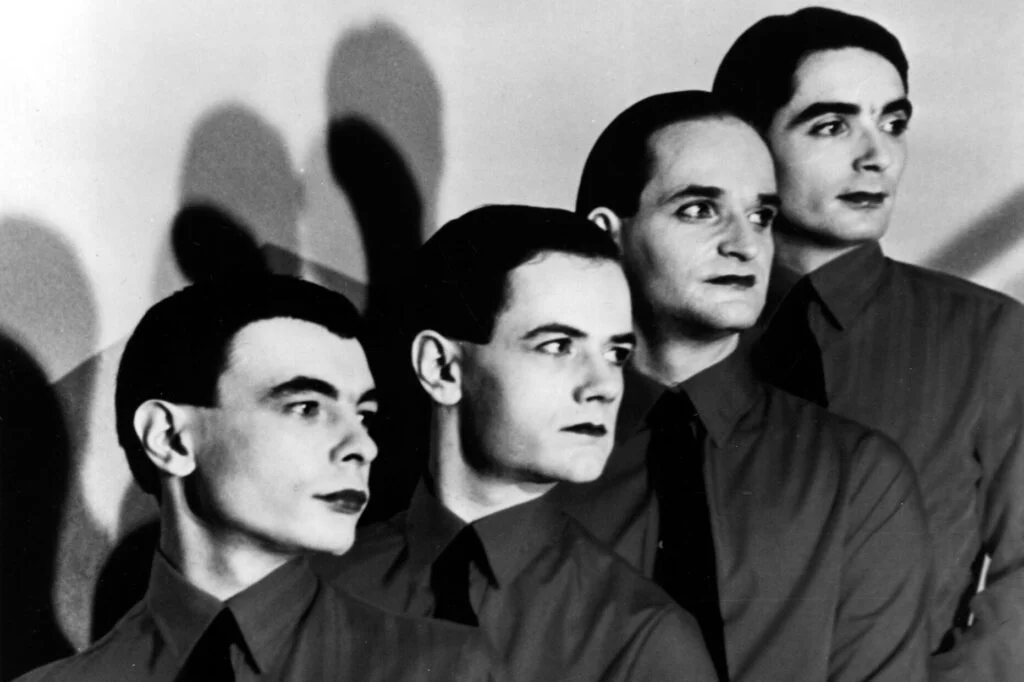
Kraftwerk might not have been rock stars in the traditional sense, but Trans-Europe Express was one of the most influential records of the decade. Its electronic beats and minimalist approach laid the foundation for modern electronic music.
Hip-hop, techno, and pop all owe something to this record. Artists from Afrika Bambaataa to Daft Punk cite Kraftwerk as an inspiration. They changed how music could be made and redefined the future of sound.
18. Michael Jackson – Off the Wall (1979)
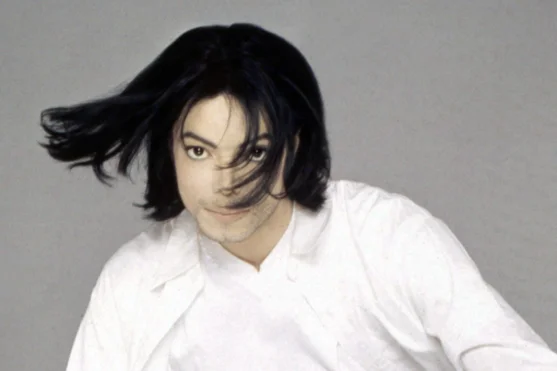
Before Thriller, there was Off the Wall. This record showed the world Michael Jackson’s true potential as a solo artist, blending disco, funk, and pop with irresistible energy. Songs like “Don’t Stop ‘Til You Get Enough” lit up dance floors everywhere.
It influenced not only pop stars but also R&B and dance music for decades. Jackson’s mix of groove and vocal mastery became the blueprint for pop superstardom. Without Off the Wall, the ‘80s music scene might have looked very different.

